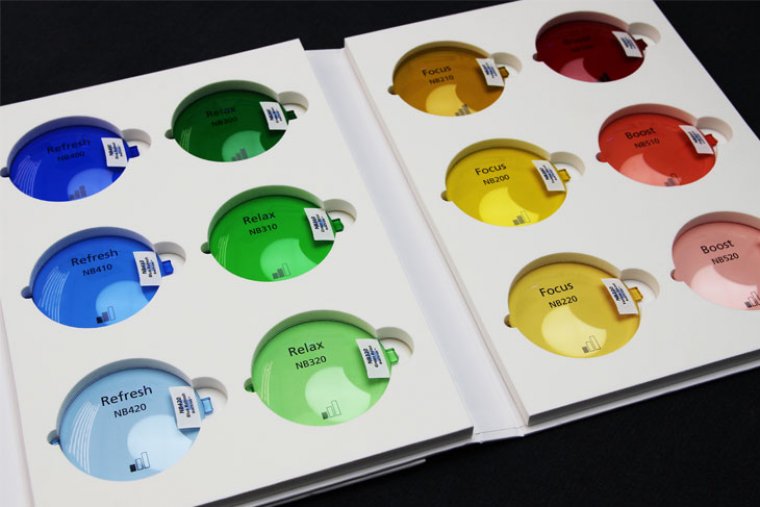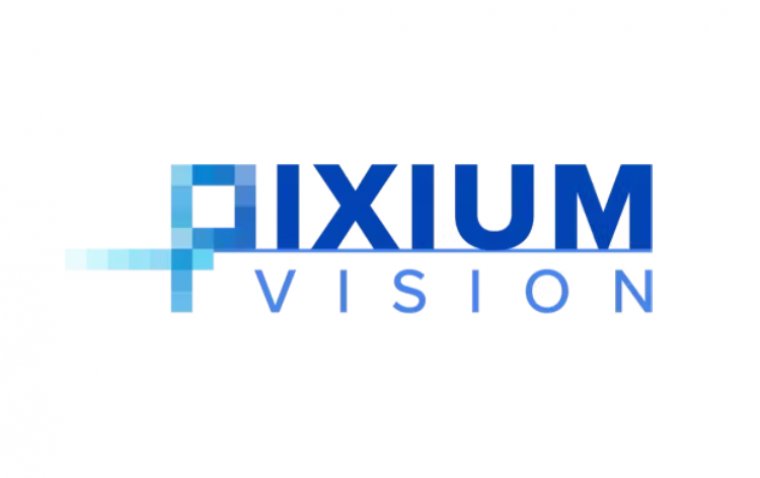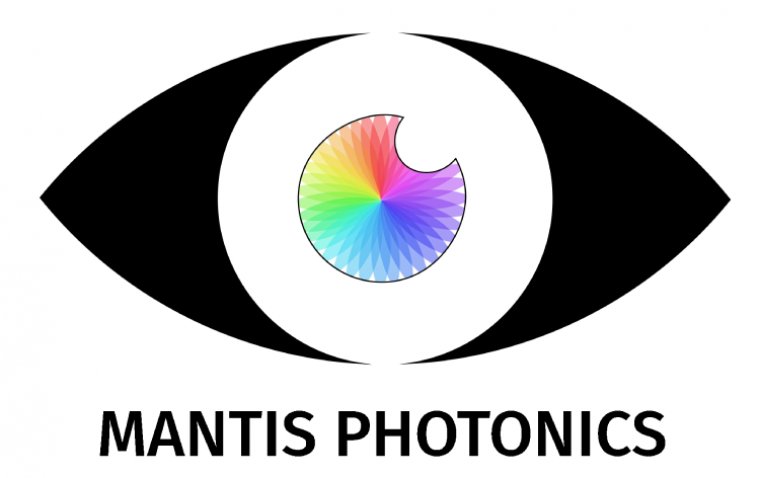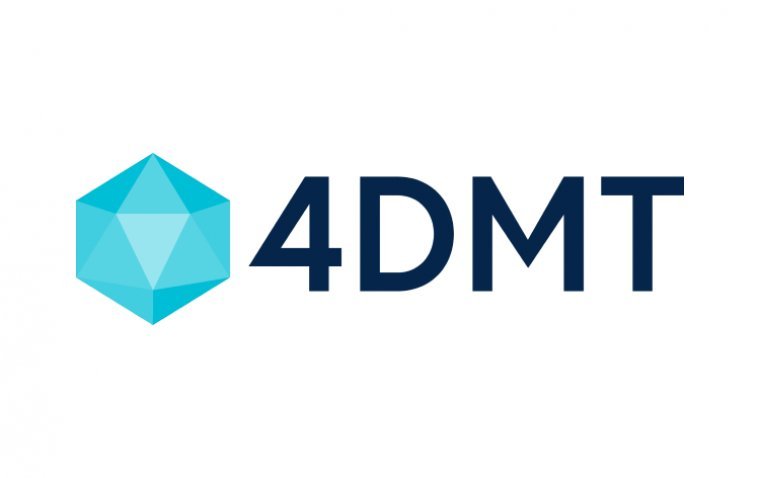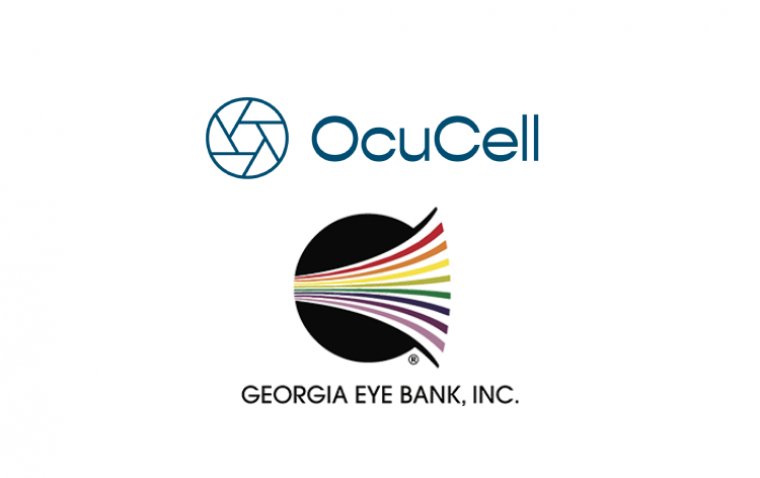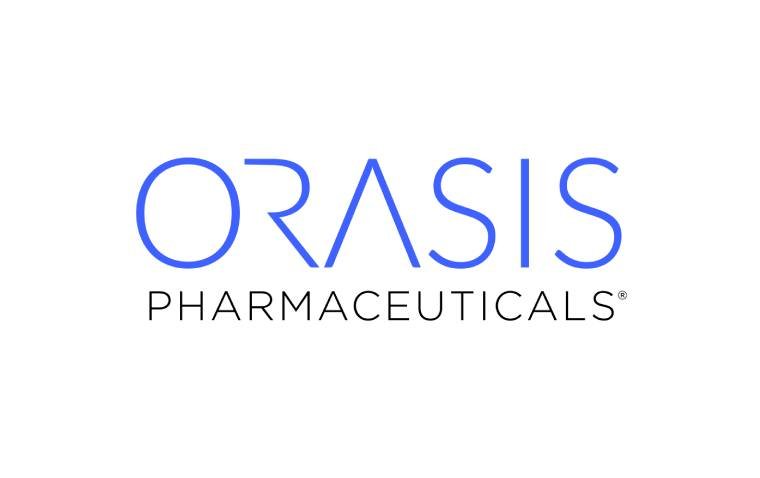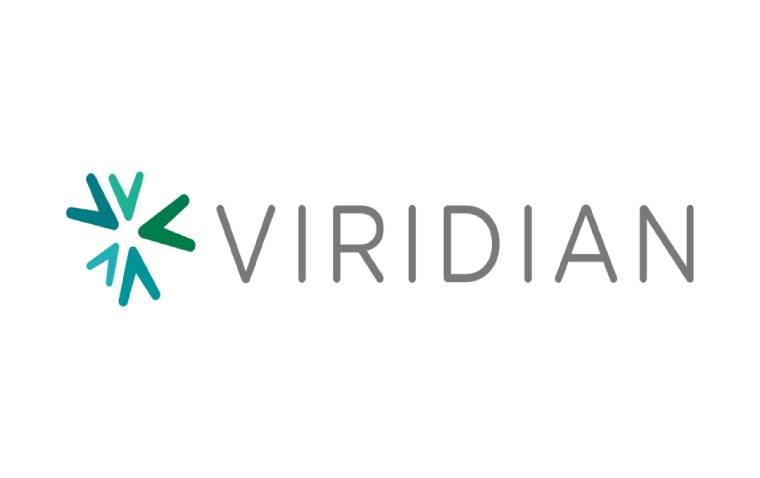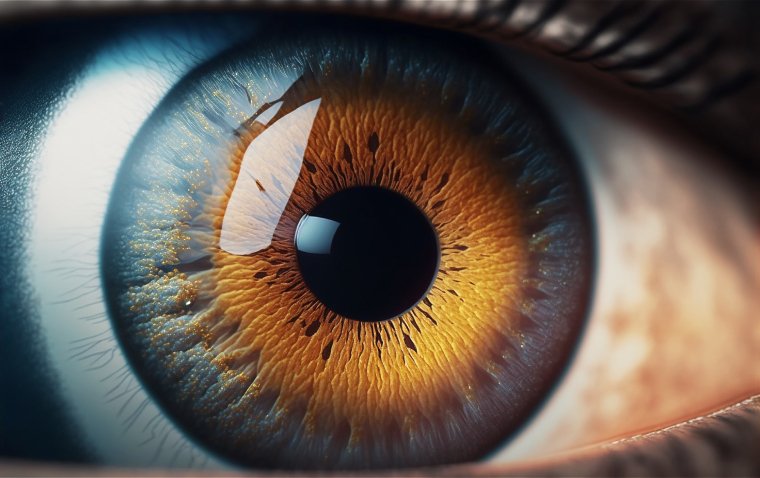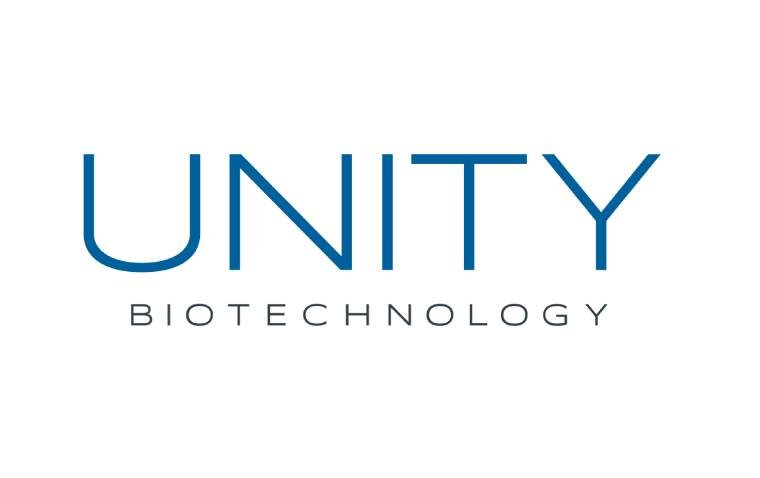
Unity Biotechnology Reports Promising Topline Results from Phase 2b ASPIRE Study in DME
Unity Biotechnology has announced topline results from its Phase 2b ASPIRE clinical trial, evaluating the investigational therapy UBX1325 in patients with diabetic macular edema (DME) who previously experienced poor vision outcomes despite anti-VEGF treatment. The study includes data from all participants through 24 weeks and the majority through 36 weeks.
UBX1325: A First-in-Class BCL-xL Inhibitor
UBX1325 is a novel BCL-xL inhibitor administered via intravitreal injection, designed to selectively eliminate senescent cells in diabetic retinal blood vessels while preserving healthy cells. This unique mechanism offers a new pathway for patients who have not responded adequately to standard anti-VEGF therapies.
“We are excited that UBX1325 showed robust vision improvements in a difficult-to-treat patient population,” said Anirvan Ghosh, PhD, CEO of Unity Biotechnology. “The results also suggest that UBX1325 may provide greater vision gains than standard of care in patients with moderately aggressive disease. We look forward to advancing UBX1325 to late-stage studies.”
Key Efficacy Findings: Noninferiority to Aflibercept
The study demonstrated that UBX1325 achieved noninferior visual acuity gains compared to aflibercept (a leading anti-VEGF therapy) at 9 out of 10 time points through week 36, narrowly missing the threshold at the weeks 20–24 average, where the confidence interval reached 88% (short of the pre-specified 90%).
Mean Change in Best-Corrected Visual Acuity (BCVA)
• +5.2 ETDRS letters at week 24 with UBX1325 vs. +0.4 letter difference compared to aflibercept
• +5.5 ETDRS letters at week 36 with UBX1325 vs. +0.2 letter difference compared to aflibercept
Although an increase in Central Subfield Thickness (CST) was observed at weeks 16 and 20, requiring supplemental anti-VEGF treatment in some patients, UBX1325 maintained noninferiority at most evaluation points.
Subgroup Analyses: Enhanced Gains in Specific Populations
Prespecified subgroup analyses revealed:
• Patients with moderate disease severity (baseline CST < 400 microns; ~60% of participants) experienced superior and more consistent vision gains with UBX1325.
• Patients who switched from aflibercept to UBX1325 prior to trial enrollment showed the most durable improvements in visual acuity.
Safety and Tolerability: Strong Clinical Profile Maintained
UBX1325 continues to demonstrate a favorable safety and tolerability profile:
• No reports of intraocular inflammation, retinal artery occlusion, endophthalmitis, or vasculitis across all clinical studies to date.
“Achieving durable improvements in visual acuity via an entirely new mechanism of action is remarkable,” said David S. Boyer, MD, partner at Retina Vitreous Associates and adjunct professor at USC. “UBX1325, if approved, could help patients break out of the burdensome cycle of underwhelming anti-VEGF treatments and provide a much-needed alternative.”
Outlook: Full 36-Week Data Expected in Q2 2025
Unity Biotechnology expects to release the complete 36-week data for the remaining ASPIRE participants in the second quarter of 2025, potentially paving the way for late-stage trials focused on DME patients with inadequate response to anti-VEGF therapies.
(1).jpg)
